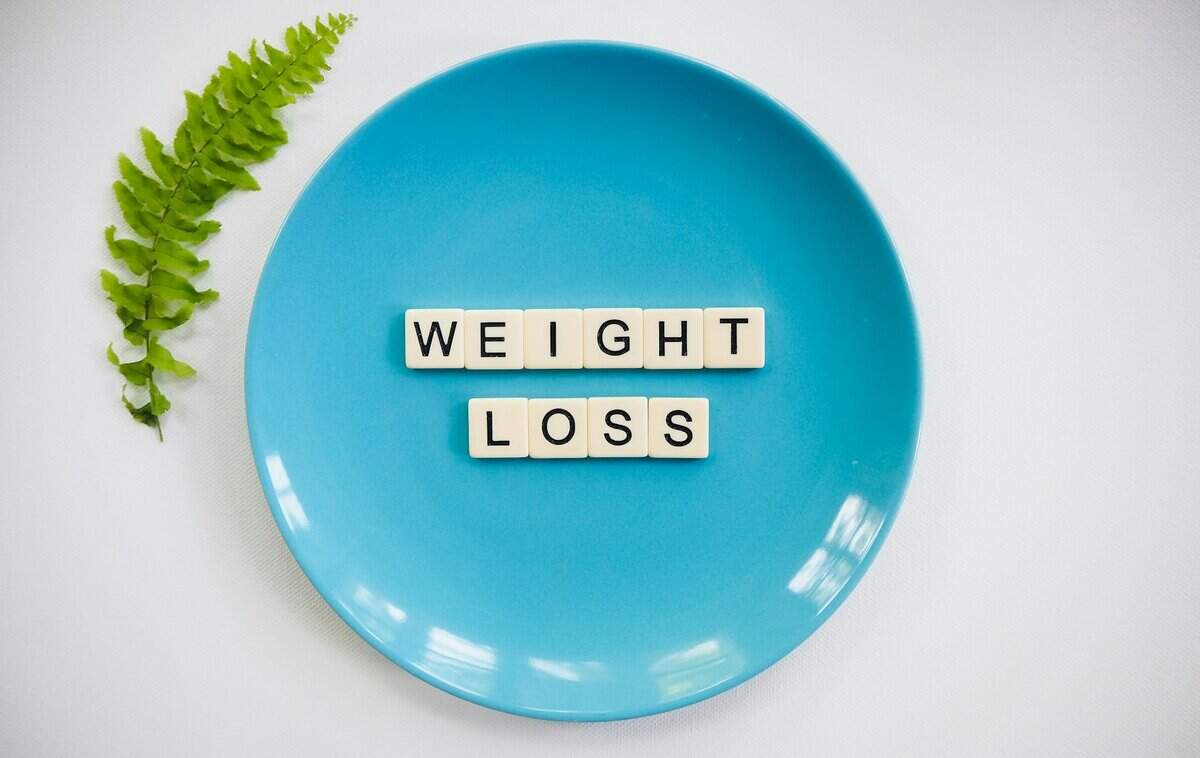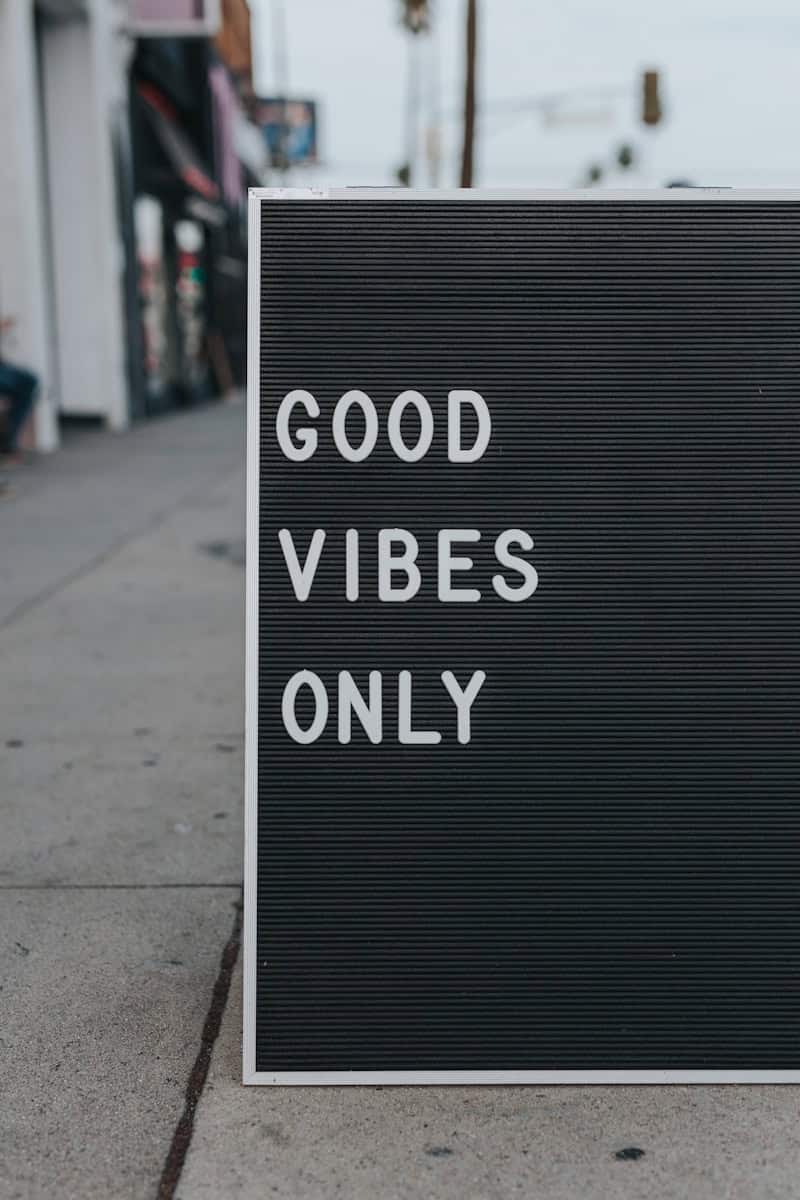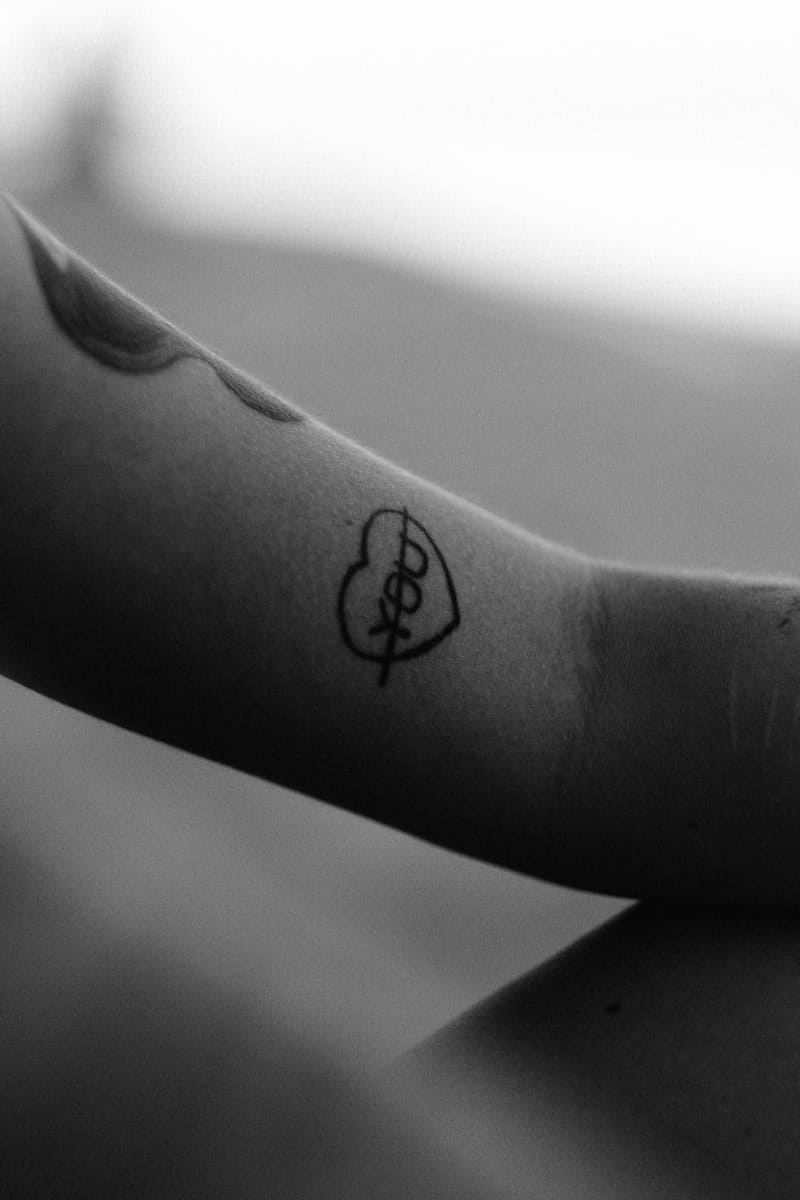
Friends Red Flags: 10 Signs That Friendship Might Be Toxic
We’ve all been there, wondering if a friend’s behavior is just a bad day or something deeper, something toxic. You care about your friendships, but sometimes, you can’t shake the feeling that something’s off. Maybe they constantly cancel plans, leave you drained, or make you question yourself. These could be friends’ red flags—subtle (or not-so-subtle) signs that a friendship isn’t as healthy as it should be.
And it’s because people change. Life gets busy, and sometimes, the people you thought were ride-or-die turn out to be… well, not. But how do you know when it’s just a rough patch versus when it’s time to reevaluate the friendship? That’s where recognizing friends’ red flags comes in.
Of course, we’re not talking about dropping friends at the first mistake. It’s about spotting patterns that hurt you. So, if you’ve ever questioned a friend’s actions (or your own gut feeling), keep reading. We’re breaking down 10 clear signs that a friendship might be toxic, because you deserve relationships that lift you up, not drag you down.
10 Friends’ Red Flags You Must Look Out For
1. No Reciprocity
A good friendship should feel like a two-way street—you give, they give, and it balances out. But if you’re always the one making plans, checking in, or offering support without getting much back, that’s one of the biggest friends’ red flags.
They may never text first, forget your birthday, or only reach out when they need something. Over time, this imbalance can leave you feeling drained and unappreciated. If you ignore it, you might start questioning your own worth, like, “Do they even care?”
2. Hating Yourself When You’re Together
Friends should make you feel good about yourself, not worse. However, if you notice that after spending time with them, you feel insecure, judged, or just off, that’s a major red flag in friendships.
Maybe they constantly tease you in a mean way, compare you to others, or subtly put you down. Over time, this can mess with your self-esteem, making you doubt yourself even when they’re not around. A real friend lifts you up, not chips away at your confidence. If being with them leaves you feeling small, it’s not friendship—it’s toxicity.
3. Endless Negativity
We all vent sometimes—that’s normal. But if every conversation with a friend is doom and gloom, that’s a friends’ red flag.
They complain about everything, dismiss solutions, and drag you into their negativity spiral. Before you know it, your friend’s bad mood becomes yours, and you start seeing the world through their bitter lens. Toxic negativity is exhausting, and if you don’t set boundaries, it can drain your own happiness.
4. No Boundaries!
Boundaries exist for a reason—they keep friendships healthy. However, if a friend constantly ignores yours (by showing up unannounced, pressuring you into things, or dismissing your feelings), that’s a serious red flag.
Maybe your friend guilt-trips you for saying no or acts like your limits don’t matter. Over time, this can make you feel like your needs aren’t important. A true friend respects your “no” without making you feel bad. So, if your friend keeps crossing lines, it’s not an accident.
5. You Can Never Share Secrets
Trust is the foundation of any strong friendship. But if you’re always worried they’ll spill your secrets, judge you, or use your vulnerabilities against you, that’s a glaring friends’ red flag. Maybe they’ve “accidentally” shared private stuff before, or twist your words later. Without trust, you’ll always be guarded, never fully yourself around your friend. And what’s the point of a friendship where you can’t be real?
6. Jealousy and Competition
A little friendly competition can be amusing, but if a friend seems bothered by your wins—or worse, tries to one-up you—that’s a friend’s red flag. Maybe your friend downplays your achievements, makes snide comments when something good happens to you, or suddenly brags about their own life to “balance things out.”
If you ignore this behavior, it can turn into constant tension, where you feel like you have to shrink yourself to keep the peace. Over time, that’s exhausting. A true friend is happy when you’re happy—no weird jealousy games required.
7. Emotional Manipulation
Ever feel like a friend twists situations to make you feel guilty? Or like you “owe” them for their kindness? That’s emotional manipulation, and it’s a serious friends’ red flag.
Your friend might play the victim, give silent treatments, or say things like, “After all I’ve done for you…” to control you. If you don’t call it out, you’ll start second-guessing your own feelings, always worried about setting them off.
Healthy friendships don’t involve guilt trips or mind games. So, if your friend makes you feel trapped instead of supported, that’s not friendship—it’s emotional hostage-taking.
8. They Monopolize Your Time
Friends should add to your life, not become your life. If someone gets upset when you spend time with other people, demands all your attention, or makes you feel guilty for having a life outside of them, that’s a friends’ red flag.
It might seem flattering at first (“They just really like me!”), but over time, it becomes suffocating. You might start canceling plans with others just to avoid your friend’s reaction. A real friend understands you have other relationships and doesn’t make you choose.
9. Frequent Drama
Some people thrive on chaos—blow-up fights, constant misunderstandings, “you’ll never believe what happened” stories every week. If a friend’s life (and yours by extension) feels like a never-ending soap opera, that’s a red flag.
Drama addicts keep things unstable because they like the excitement, even if it stresses you out. If you ignore it, you’ll get sucked into your friend’s whirlwind, always playing referee or emotional crutch. So, if every week is a new crisis, ask yourself: Is this their life… or are they creating it?
10. Lack of Empathy
You just got laid off, or your dog died, or you’re just having a really bad day—and your friend’s response is… “That sucks. Anyway—” before changing the subject? That’s a friends’ red flag.
Empathy is the glue of real friendships. If your friend can’t (or won’t) show up for you in tough moments, it makes you feel alone, even when they’re right there. Over time, you’ll stop turning to your friend when you need support, and what’s the point of a friendship like that? Life is hard enough without friends who don’t care when you’re hurting.
Summing Up: Trust Your Gut on These Friends Red Flags
Friendships should make you feel supported, valued, and happy, not drained, insecure, or stressed. Spotting these friends’ red flags isn’t about nitpicking every flaw, but recognizing patterns that hurt you over time. If a “friendship” leaves you questioning yourself more than enjoying the connection, it’s worth stepping back. So pay attention, set boundaries, and don’t ignore that gut feeling.




